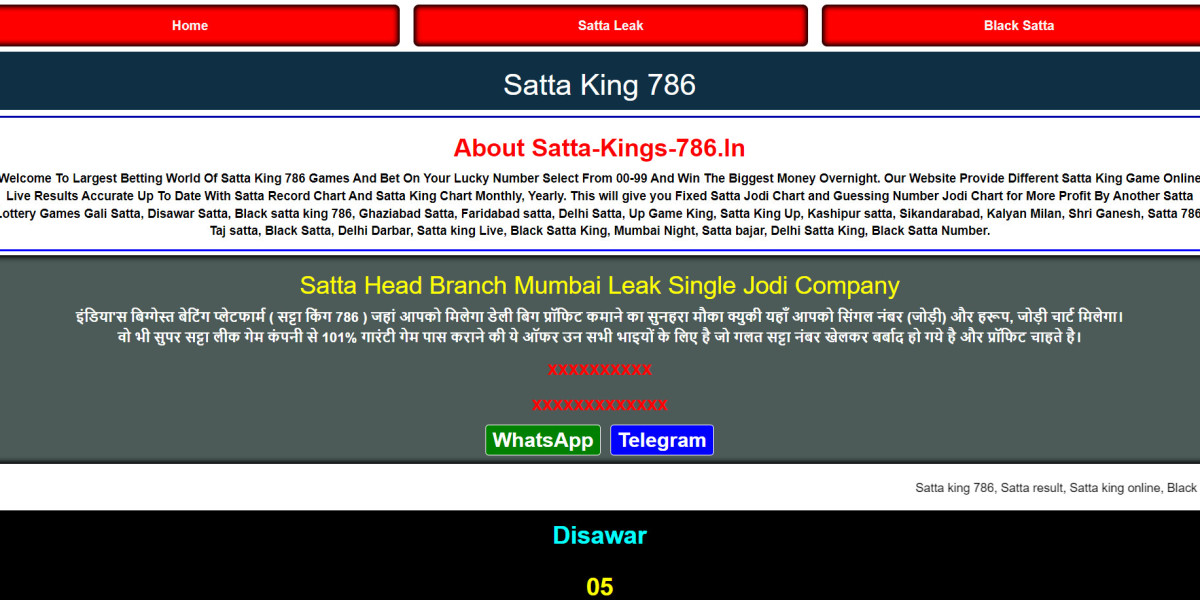The healthcare industry is undergoing a significant transformation, largely driven by advancements in technology and the increasing demand for accessible, efficient, and patient-centered care. One of the most notable trends in this transformation is healthcare app development. This sector is not only enhancing patient engagement but also streamlining operations for healthcare providers, making it a focal point for innovation and investment.
The Rise of Healthcare Apps
Healthcare apps are designed to provide various services, including telemedicine, appointment scheduling, medication management, and health monitoring. The convenience of having medical assistance at one's fingertips has led to a surge in the adoption of these applications. According to recent studies, the global healthcare app market is projected to reach USD 111.1 billion by 2025, growing at a CAGR of 44.2% from 2020. This growth is fueled by the increasing prevalence of chronic diseases, the aging population, and the demand for remote healthcare services, particularly highlighted during the COVID-19 pandemic.
Key Features of Healthcare Apps
When developing a healthcare application, several key features are essential to ensure its effectiveness and usability:
- User-Friendly Interface: A simple and intuitive design is crucial for both patients and healthcare professionals. Easy navigation enhances user experience and encourages regular use.
- Telemedicine Capabilities: With the rise of remote consultations, integrating video conferencing and secure messaging features is vital for effective patient-provider communication.
- Health Monitoring Tools: Apps that allow users to track their health metrics, such as blood pressure, glucose levels, and medication adherence, empower patients to take control of their health.
- Appointment Scheduling: Simplifying the process of booking appointments through the app can significantly improve patient satisfaction and reduce no-show rates.
- Data Security and Compliance: Given the sensitive nature of health information, healthcare apps must comply with regulations like HIPAA in the U.S. to ensure that patient data is secure and confidential.
The Development Process
The process of healthcare app development typically involves several stages:
- Research and Planning: Understanding the target audience and their needs is the first step. This phase includes market research and defining the app's core functionalities.
- Design: Creating wireframes and prototypes to visualize the app's layout and user interface. This step is crucial for ensuring a seamless user experience.
- Development: This phase involves coding the application, which includes both front-end and back-end development. Choosing the right technology stack is essential for the app's performance and scalability.
- Testing: Rigorous testing is conducted to identify and fix bugs, ensuring that the app functions as intended across various devices and platforms.
- Deployment: Once the app is tested and refined, it is launched on app stores, making it accessible to users.
- Maintenance and Updates: Continuous support is necessary to address user feedback, fix bugs, and keep the app updated with the latest features and security measures.
If you're interested in exploring the benefits of healthcare app development. for your business, we encourage you to book an appointment with our team of experts.
Technologies Driving Healthcare App Development
Healthcare app development services leverage various technologies to enhance functionality and user experience:
- Artificial Intelligence (AI): AI can improve diagnostics, personalize patient care, and automate administrative tasks, leading to better healthcare outcomes.
- Blockchain: This technology enhances data security and interoperability by providing a decentralized and secure way to store patient records.
- Internet of Things (IoT): IoT devices can collect real-time health data, allowing for proactive health management and remote monitoring.
- Cloud Computing: Cloud solutions enable scalable storage and processing of health data, facilitating easier access and collaboration among healthcare providers.
The Future of Healthcare App Development
As technology continues to evolve, the future of healthcare app development looks promising. Innovations such as augmented reality (AR) and virtual reality (VR) are beginning to find their way into healthcare training and patient education. Additionally, the integration of wearable technology with healthcare apps is set to enhance real-time health monitoring and personalized care.
Moreover, with the increasing emphasis on patient engagement and self-management, healthcare apps that offer personalized health insights and recommendations are likely to gain traction. The shift towards value-based care models will further drive the demand for apps that facilitate better patient-provider communication and enhance overall healthcare delivery.
Conclusion
In conclusion, the landscape of healthcare is rapidly changing, with healthcare app development at the forefront of this transformation. As healthcare providers and patients alike recognize the benefits of digital solutions, the demand for innovative healthcare app development services is expected to grow.















